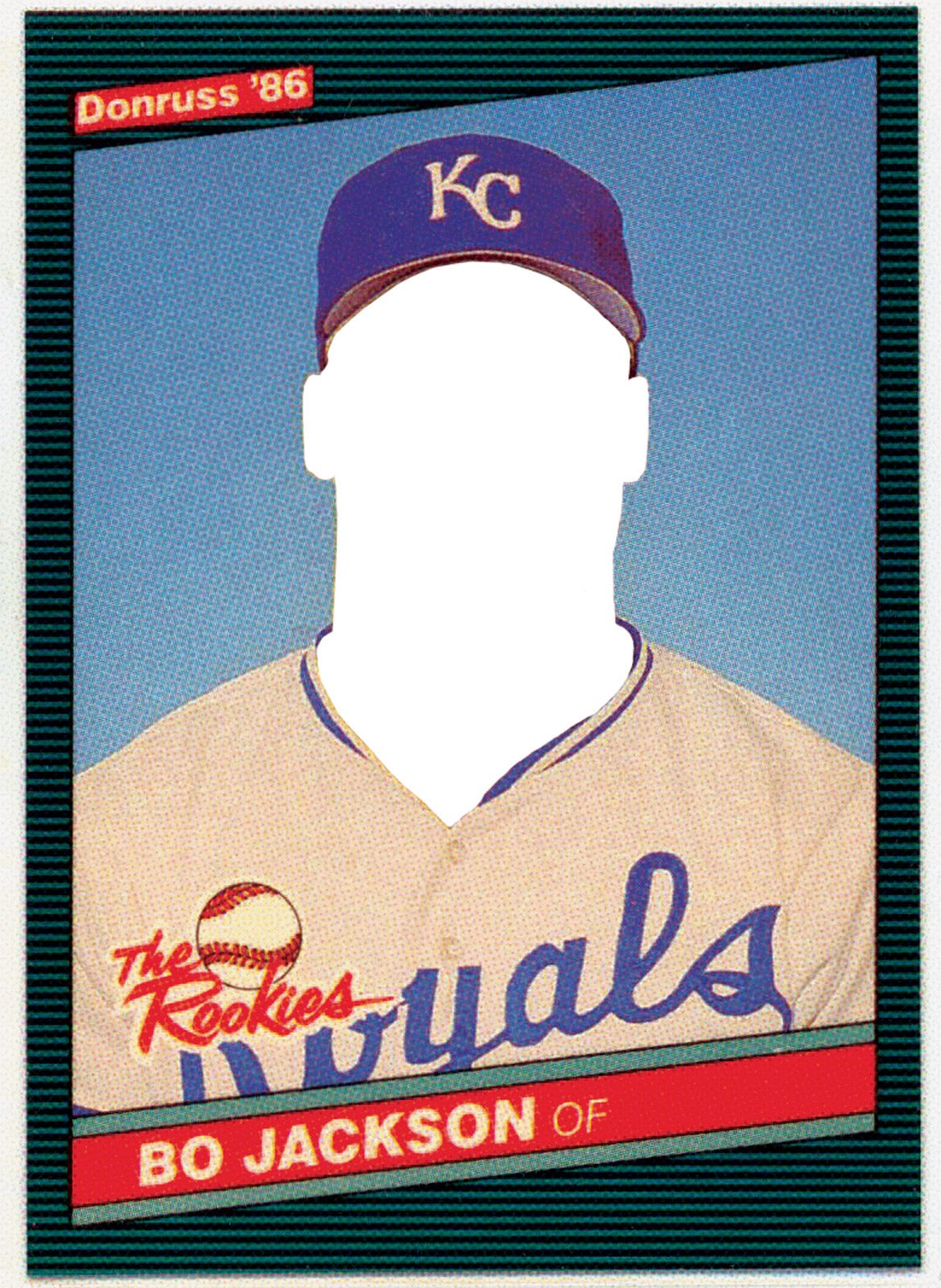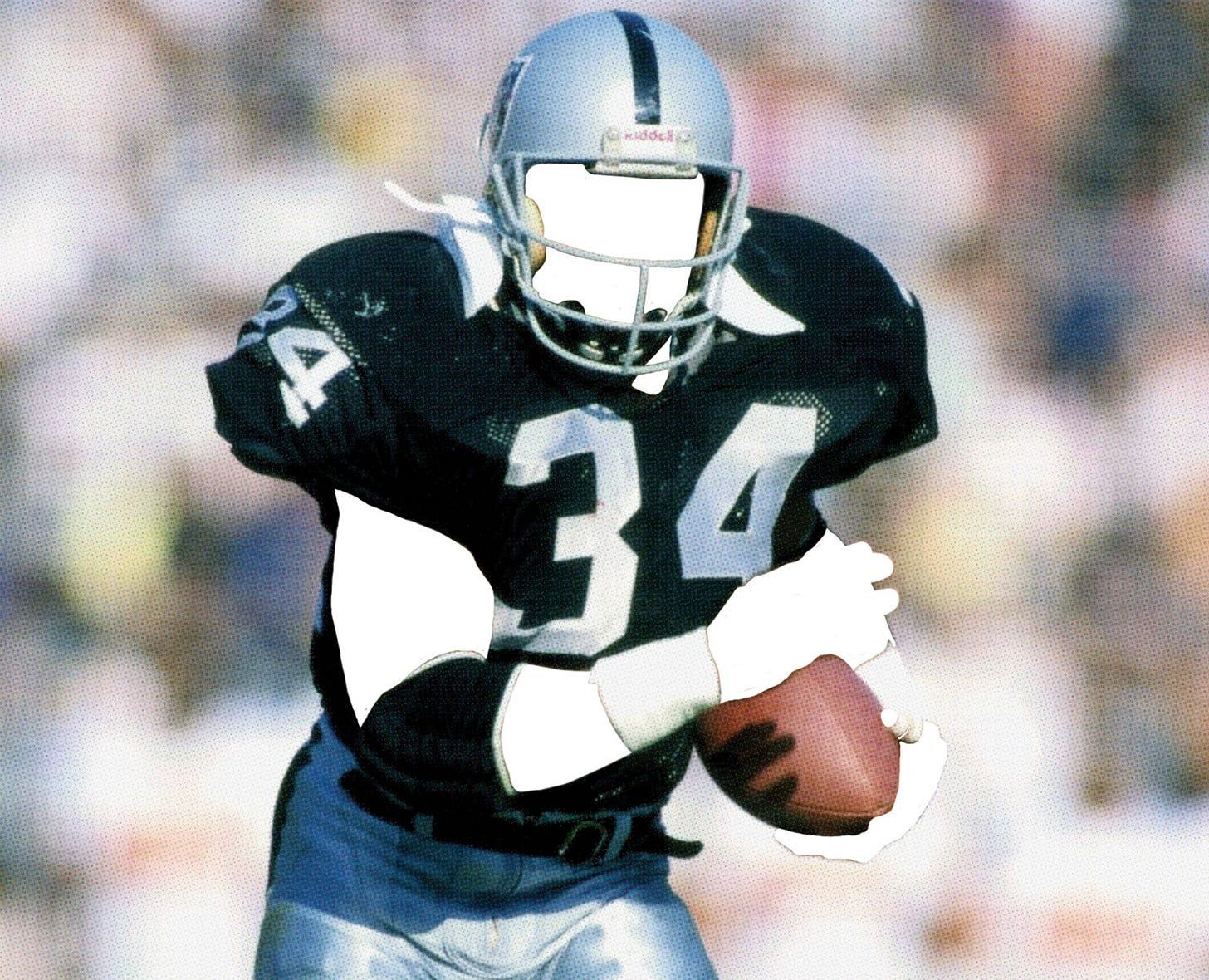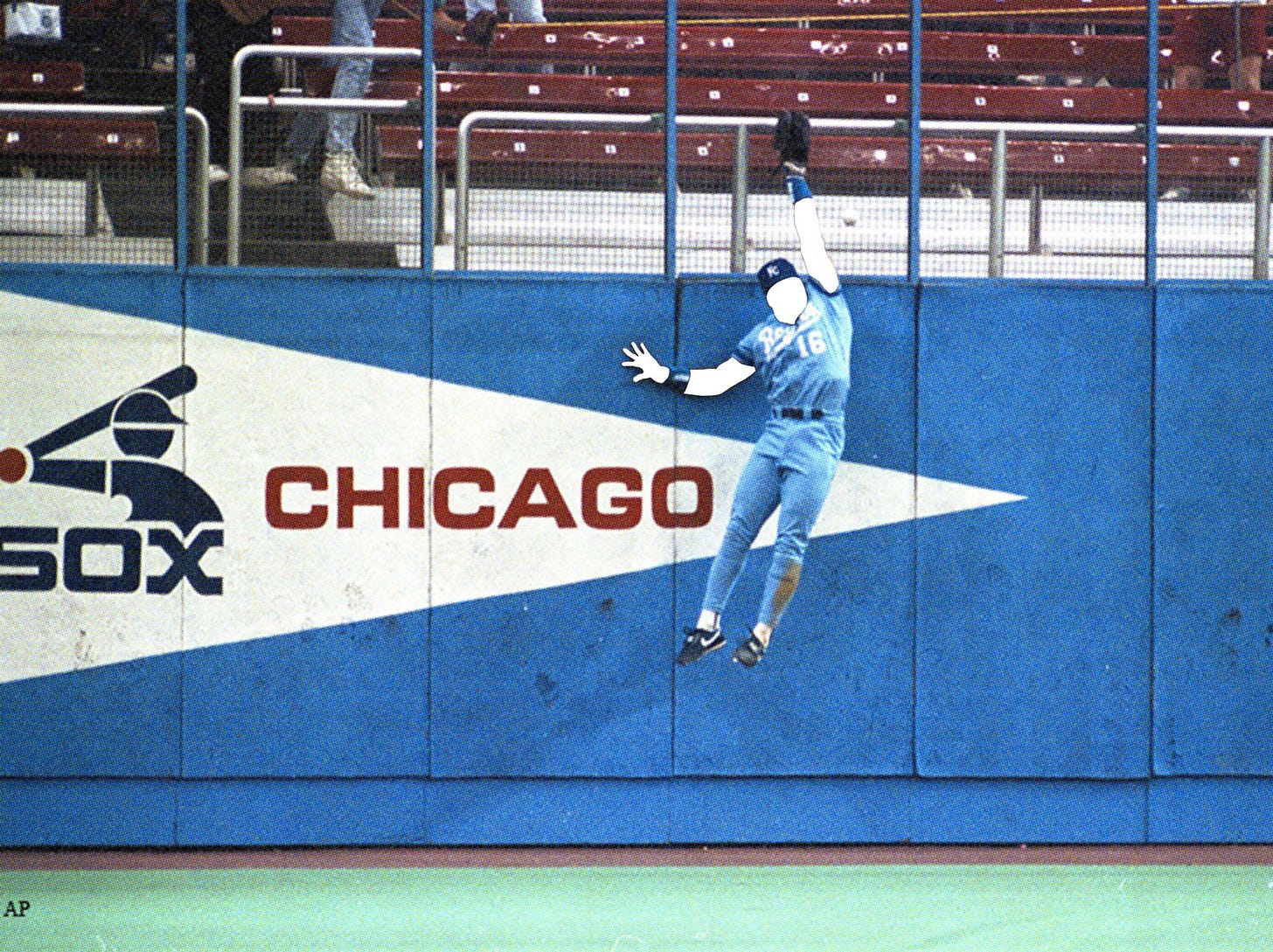Last night I watched the highlights of what might be Vince Carter’s very last NBA game. It was weird because Vince Carter is in perfect health, and the NBA season should theoretically not be over. It was weird because Vince Carter is an athlete who has seemed to find meaning and joy in the craft of basketball – which is something I think we should all strive for in our work, and to see that taken away from him is unfair, even in the context of a global pandemic.
It was weird because I’ve been watching Vince Carter play since I was 11 years old, and now I am a father of two little kids who are deeply curious about “the sickness” that may have just ended the NBA season, and I’m thinking that in the best case scenario, I’ll be partially responsible for making a very difficult few months feel at least somewhat normal for them.

Vince Carter’s career spans multiple epochs in my life, and if you’re reading this that is probably true for you too. One Vince Carter ago, I was a sixth grader and Bill Clinton was getting impeached. If I’m lucky, one Vince Carter into the future, I will be 55 years old – an empty nester with two functional adult children learning to make their way in the world. The thing is, sports are a way of marking time.
For many of us, millions of us, sports are a sort of natural frame of reference – a mutually agreed on alternative calendar. We can divide our lives in the context of Vince Carters and Tom Bradys and Ken Griffey Jrs. At a time when we are becoming increasingly isolated, both physically and spiritually, sports are something we can share, even when it means yelling at each other from opposite sides of a rivalry or a debate about how elite Joe Flacco is or whatever dumb thing. And I guess to me, that is the greatest thing about sports and sports fandom: the dumbness is shared.
There are a million bad things about sports. We talk about them all the time.
Sports are a ruthless business.
Sports are mindless entertainment.
Sports are a metaphor for war.
Sports are an excuse for us to act like dicks to each other.
Sports leagues regularly exploit their players, profit off their broken bodies, and are beholden to money, money, money.
The NCAA is corrupt.
The NBA is corrupt.
MLB is corrupt.
FIFA is definitely corrupt.
There are a million bad things about sports but there is one good thing that transcends all of them: community.

Right now, we’re watching our sports leagues shut off one after another, like a display of TV screens at closing time at Best Buy. This big, mutually agreed upon thing, that we all hold up and we all care about way more than we should, is suddenly gone. The absence of sports is going to be brutal for a lot of people whose livelihoods are tied up in the practical elements of the business: vendors and custodians and assistant trainers and radio engineers and on and on and on.
And it could also be brutal for us as fans. Sports are, after all, supposed to distract us from the uncertainties in our life. And for a moment, they won’t be there to do that.
But the thing about sports is that they only matter because we collectively decide they do. They would be meaningless without the unspoken, unwritten contract that we all agree to; they would be meaningless without us jointly deciding to care about games with made up rules. Sports, at their best, are a miracle of collective imagination. They are a miracle of joint hysteria.
We are the reason that Vince Carter matters so damn much. And when the world demands it, we are also capable of deciding that maybe right now he doesn’t. And we can collectively decide to focus that energy elsewhere – while still holding onto the community and sense of togetherness that make sports so special and powerful and transcendent in the first place.

This is why I think it’s a good thing that we won’t be subjected to watching empty stadium games on television. Spectator sports demand spectators. It’s easy to fall into the belief -- considering the bazillions of dollars that go into broadcast rights, and the cynical manner in which leagues, teams, and networks manipulate fans into spending money that they don’t have just for the chance to watch those broadcasts -- that pro and college sports are just reality TV. That we should go ahead and reduce them to the equivalent of something filmed in a sound stage on a backlot at some studio.
But that’s not what sports are. Sports are intimate, even when they are being played a thousand miles away by perfect strangers. Sports are personal. And the absence of sports is personal.
Here’s what I am going to try to do: in the absence of sports, I am going to try to channel the energy I would have spent watching and thinking about, say, LeBron’s first title as a Laker, into my community. I am going to try to focus on helping. I am going to try to appreciate the miracle of the internet as a means for us to mutually support one another and express our solidarity, instead of whining about how it brings out the worst in us. Sports only matter because we give them meaning. And in their absence, and in the midst of a perilous global moment, we can give meaning to something else. We can give it to one another.
This has been a special story-free edition of Sports Stories. If you liked it, please considering signing up for the newsletter, or sharing it with a friend. If you really liked it, please consider pre-ordering a copy of STEALING HOME: Los Angeles, the Dodgers, and the Lives Caught in Between, written by me, Eric Nusbaum, and illustrated by Adam Villacin.


